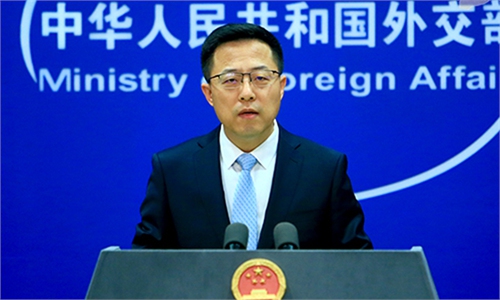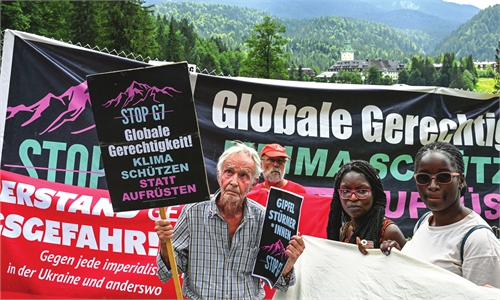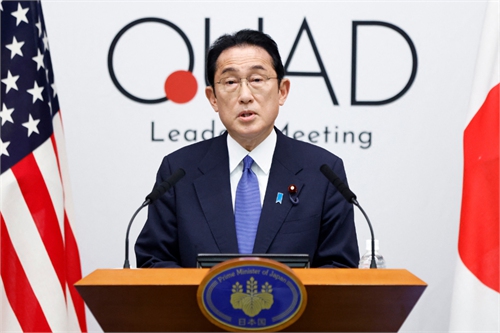
Photo: IC
The so-called Group of Seven (G7) nations on Tuesday had "positive and productive discussions" with China and India about plans to implement a price cap on Russian oil exports, Reuters reported on Wednesday. The news came on the heels of G7 agreement on exploring imposing a price cap on Russian oil, apparently as part of the West's ever expanding sanctions against Russia.Details remain sketchy regarding the so-called "discussions." As of press time on Wednesday, there has been no official confirmation from relevant parties regarding Reuters' report, which cited an unidentified source. The report suggested that China and India would be able to buy Russian crude at even lower prices under the plan, but that would represent a significant shift for China and India as both have refrained from joining in the US-led sanctions against Russia and have continued normal economic and trade cooperation with Russia.
China's Foreign Ministry has repeatedly stated that unilateral sanctions are not conducive to resolving issues, and that China and Russia always engage in normal economic and trade cooperation on the basis of mutual respect, equality and mutual benefit. India, despite pressure from Washington, has also continued energy trade with Russia.
Although it remains unclear what the reported discussions were about and what the outcome was, one thing is very clear: The G7 led by the US is primarily seeking to increase pressure on Russia, as their previous moves fail to sway Moscow, and the interests of China and India, or any other country for that matter, is not their primary concern despite the so-called "attractive pitch."
Over the past several months, the US and some of its allies imposed an embargo on Russian oil in an effort to maximize pressure on Russia, while the EU agreed to ban most Russian oil imports by the end of the year. But the sanction measure aimed at depriving Russia of oil revenues has proved counterproductive. According to the IEA data, Russian oil export revenues increased by $1.7 billion in May to about $20 billion, which is well above the 2021 average of roughly $15 billion.
Then came the idea of creating a buyers' cartel, with the aim of keeping Russian oil supplies on the market to avoid a further price hike to limit its oil revenues. While a cap on Russian oil prices may sound like a great idea for the West when it comes to curbing Moscow's revenues from oil sales, implementing such a price cap could only be a fantasy with little feasibility if G7 cannot get the world's major oil importers on the same page.
Yet, the problem is that G7 nations are no longer major buyers of Russian oil, and as an unrelated third party, the G7 has neither the qualification nor the market power to dictate energy trade among China, India and Russia.
Western media reports so far suggested that the West may impose such a price cap through insurance. About 95 percent of the world's tanker fleet is insured through the International Group of Protection & Indemnity Clubs in London and some companies in other European countries. G7 could tell crude buyers that if they want to continue using the insurance service for Russian oil shipment, they need to agree to a "capped price."
But even that could also fail to pressure Russia, as Russia has already prepared an alternative by offering insurance through the Russian National Reinsurance Company, according to media reports. The moves could also further disrupt already turbulent global energy trade by creating more barriers and chaos.
As for China, stable energy prices are of great significance to its domestic social and economic development, and China and Russia are important partners in energy trade cooperation, with continuous practical progress recorded over the years. If there is a need for price adjustment in bilateral energy trade, China and Russia can discuss the issue through bilateral channels. G7 has no qualification to tell them how to conduct trade.



